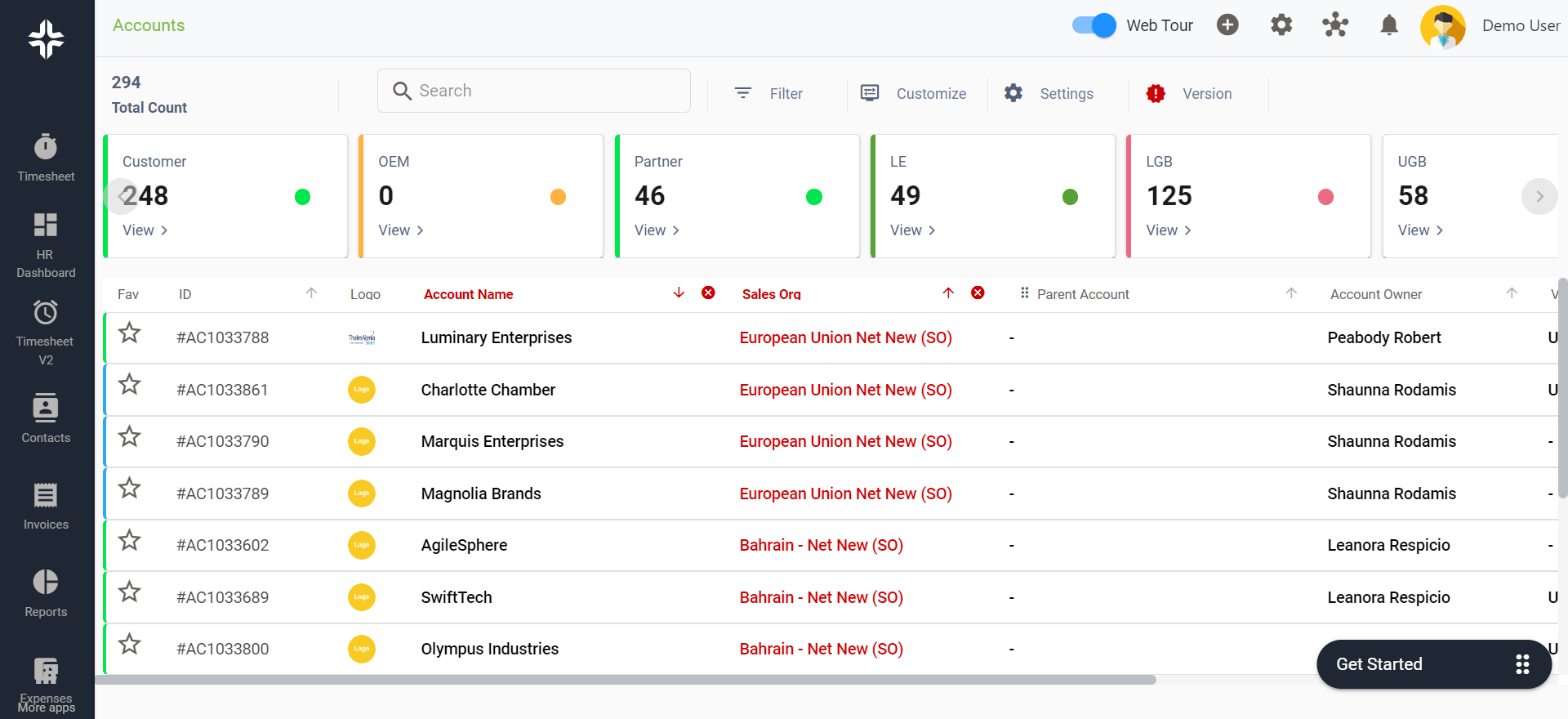Home » PSApedia
Deal Stage Progression
Navigate Your Path to Success - Track Deal Stage Progression Effortlessly. Close Deals Faster.

What is Deal Stage Progression?
Deal Stage Progression refers to the systematic process of advancing potential sales or deals through predefined stages until they are either won or lost. These stages can range from initial contact to closure, with various milestones in between such as proposal submission, negotiations, and more.
Deal Stage Progression provides valuable insights into the likelihood of a successful sale and aids in resource allocation and decision-making within a sales organization. It’s a critical tool for sales management to monitor and improve the efficiency and effectiveness of their sales processes.
Why is Deal Stage Progression So Important?
Effectively managing the progression of deals ensures a higher conversion rate. It gives teams visibility into where any given deal stands, what challenges remain, and how close the deal is to completion. This process ensures:
- Efficiency: Streamlines the sales workflow, making sure no deal gets overlooked.
- Forecasting: Provides real-time data for accurate sales predictions.
- Team Collaboration: Ensures everyone is on the same page and resources are allocated efficiently, such as leveraging resource management tools.

Why is Deal Stage Progression So Important?
Navigating the Deal Stage Progression with an Example
Imagine you’re selling a premium software solution. Your stages might look something like:
1. Lead Generation: Initial contact where you gather info on the prospect’s needs.
2. Proposal Stage: Using tools like a proposal builder, you draft a tailored solution.
3. Negotiation: Discuss terms, prices, and address objections.
4. Closure: The deal is either won or lost.
Each of these stages requires specific actions, tools, and strategies to move forward, be it leveraging financial tools during negotiations or tapping into a rich knowledge base for proposal drafting.
Differentiating Between Deal Stage Progression and Sales Pipelines
While they might seem similar, there’s a distinction. A sales pipeline represents the entire journey of a prospect, while Deal Stage Progression hones in on the stages within that journey. Think of the sales pipeline as the roadmap and Deal Stage Progression as the individual stops or milestones.
| Aspect | Deal Stage Progression | Sales Pipelines |
|---|---|---|
| Definition | Tracking the movement of individual deals through predefined stages of the sales process. | Managing a collection of multiple deals at various stages, providing an overview of the entire sales process. |
| Focus | Emphasizes the progress of individual deals. | Focuses on the overall health and status of all deals in the pipeline. |
| Units of Measurement | Deal-specific: Each deal has its own unique progression. | Aggregate: Represents the cumulative status of multiple deals. |
| Monitoring | Tracks the movement of a single deal from initial contact to closure. | Monitors the overall sales performance and forecast for a set of deals or a sales team. |
| Purpose | Helps sales teams understand the status of individual deals and take specific actions to move them forward. | Provides insights into the overall sales team’s performance, identifies bottlenecks, and forecasts revenue. |
| Visualization | Typically represented as a linear progression through sales stages for one deal. | Presented as a visual representation of multiple deals at various stages in a pipeline. |
| Time Frame | Short-term: Focuses on immediate deal progression. | Medium to long-term: Looks at the broader sales picture over an extended period. |
| Key Metrics | Conversion rates, deal-specific actions, and next steps. | Pipeline value, win rates, sales cycle duration, and revenue forecasts. |
Practical Applications of Deal Stage Progression
Here’s how businesses utilize Deal Stage Progression:
- Training: New sales team members can be onboarded faster, understanding the sales process intimately.
- Resource Allocation: Know when to bring in experts or use tools, be it a ticket management system for client issues or a project management solution for internal organization.
- Strategizing: Identify bottlenecks, areas of improvement, or stages with higher drop-offs to refine the sales strategy. Dive deeper with custom reports.
Leverage KEBS to Master Your Deal Stages
KEBS offers tools designed for every deal stage. With its intuitive deal management software, you can seamlessly move deals through stages, ensuring optimal results. Whether you’re drafting a proposal, managing resources, or addressing client concerns using KEBS ticket systems, you’re empowered at every step.

KEBS Deal Management
Ready to optimize your Deal Stage Progression? Explore the capabilities of KEBS. Contact us or take a demo to witness the transformation.



